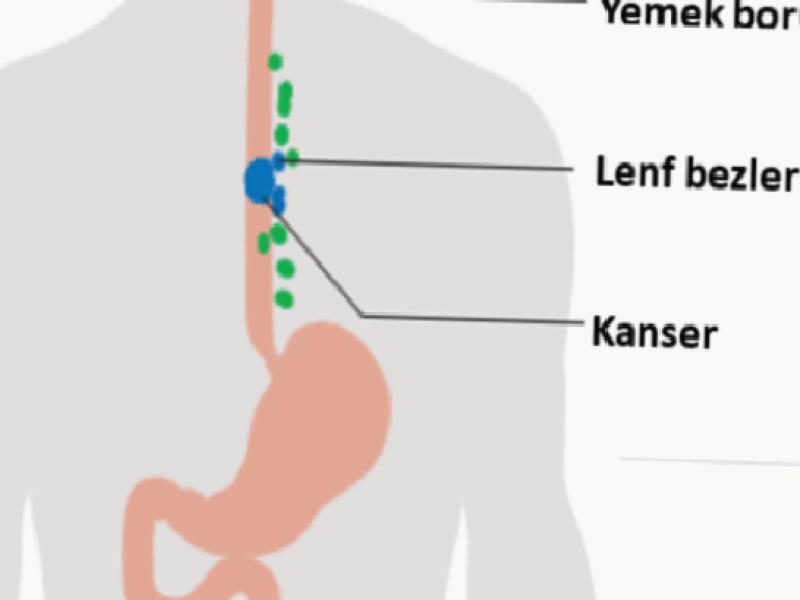Radiotherapy or chemotherapy may be used before surgery, depending on the stage and spread of the cancer. These treatments can help shrink the cancer and make surgery more successful.
Esophageal cancer surgery is performed by removing part or all of the esophagus. Surgery can be performed in different ways, depending on the extent and extent of the cancer. These interventions may include removal of part or all of the esophagus (esophagectomy), reconstruction of the stomach and intestines (gastrointestinal reconstruction), a stent placed in the esophagus, and endoscopic interventions.
Surgery for esophageal cancer may carry risks depending on the general health and age of the patient. Post-surgical complications may include difficulty swallowing, bleeding, infection, and respiratory problems. However, in suitable patients, surgical intervention is the most effective option for the treatment of esophageal cancer.

